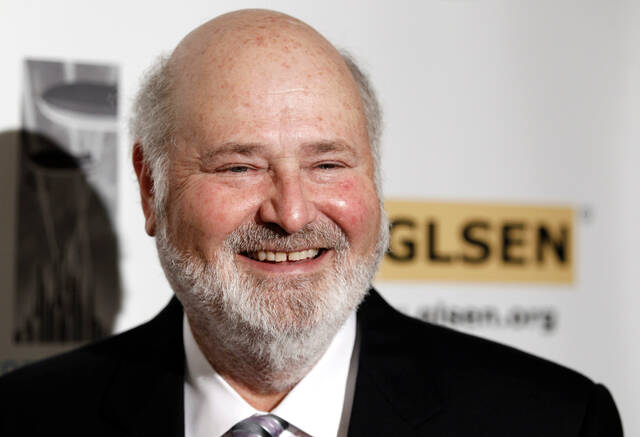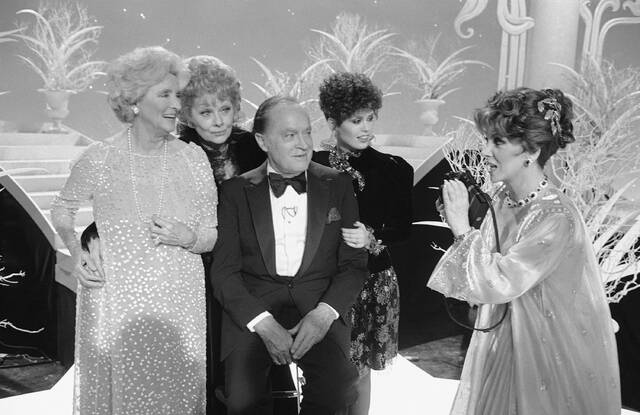“We need fathers,” said President Obama on Father’s Day 2008. “We know the statistics — that children who grow up without a father are five times more likely to live in poverty and commit crime; nine times more likely to drop out of schools and 20 times more likely to end up in prison. They are more likely to have behavioral problems, or run away from home, or become teenage parents themselves. And the foundations of our community are weaker because of it.”
“If we are honest with ourselves,” stated Obama, “we’ll admit that … too many fathers” are missing.
Nary a Republican disagreed. Here was a moment of total conservative agreement with Obama. Likewise, liberals agreed.
In fact, there was a precious period of consensus when conservatives and liberals were united on this point. President Clinton championed the National Fatherhood Initiative. Both sides insisted on the central importance of children raised in a home with a dad. Sons need dads. Daughters need dads.
They also agreed, of course, that kids need moms.
We have Mother’s Day. We have Father’s Day. A healthy society underscores and honors the vital importance of mothers and fathers.
I state these obvious points in light of bold new guidelines put forth by officials at Point Park University.
As reported in the Tribune-Review, Point Park officials sent an email warning students against misusing an individual’s preferred pronouns. The email included a link to a Pronouns & Inclusive Language Guide, which suggests replacing “men” and “women” with “all people” or “all genders,” and replacing “he” and “she” with “they” (which, incidentally, requires redefining grammar, given that “he” and “she” are singular, whereas “they” is plural). The policy also encourages students “to replace gender-specific words like ‘mother’ and ‘father’ with ‘parents.’ ”
This explicit exclusion of the words “mother” and “father” is, as you might suspect, done in the name of “inclusion.”
The directive also issues guidelines on a term that’s new to me: a person’s “deadname.” The “deadname” apparently refers to an individual’s legal name, i.e., the one given at birth by his or her mother or father.
The policy warns against “continued misuse” of “an individual’s deadname after being informed of a chosen name.”
That person’s original name is thereby pronounced dead, as can be the person’s previous gender, if the person so declares.
“Point Park University expects all members of its campus community — students, faculty and staff — to treat each other with respect,” says a university spokesperson.
Sadly, what is not accorded respect with this newspeak is the person’s mother and father. In fact, in all seriousness, it must be heartbreaking to raise a little boy or girl who, upon arriving at college, rejects the very name and gender that a mother and father bestowed. Imagine your son or daughter telling you: “the name and gender that you’ve given to me are dead to me. They no longer exist.”
At Point Park, this is reinforced as school policy.
Alas, this is the cultural revolution we now face in America. We’ve redefined everything from unborn human life to marriage to gender. Predictably, this has emboldened those in authority to redefine the very language we use.
Things will only get messier.








